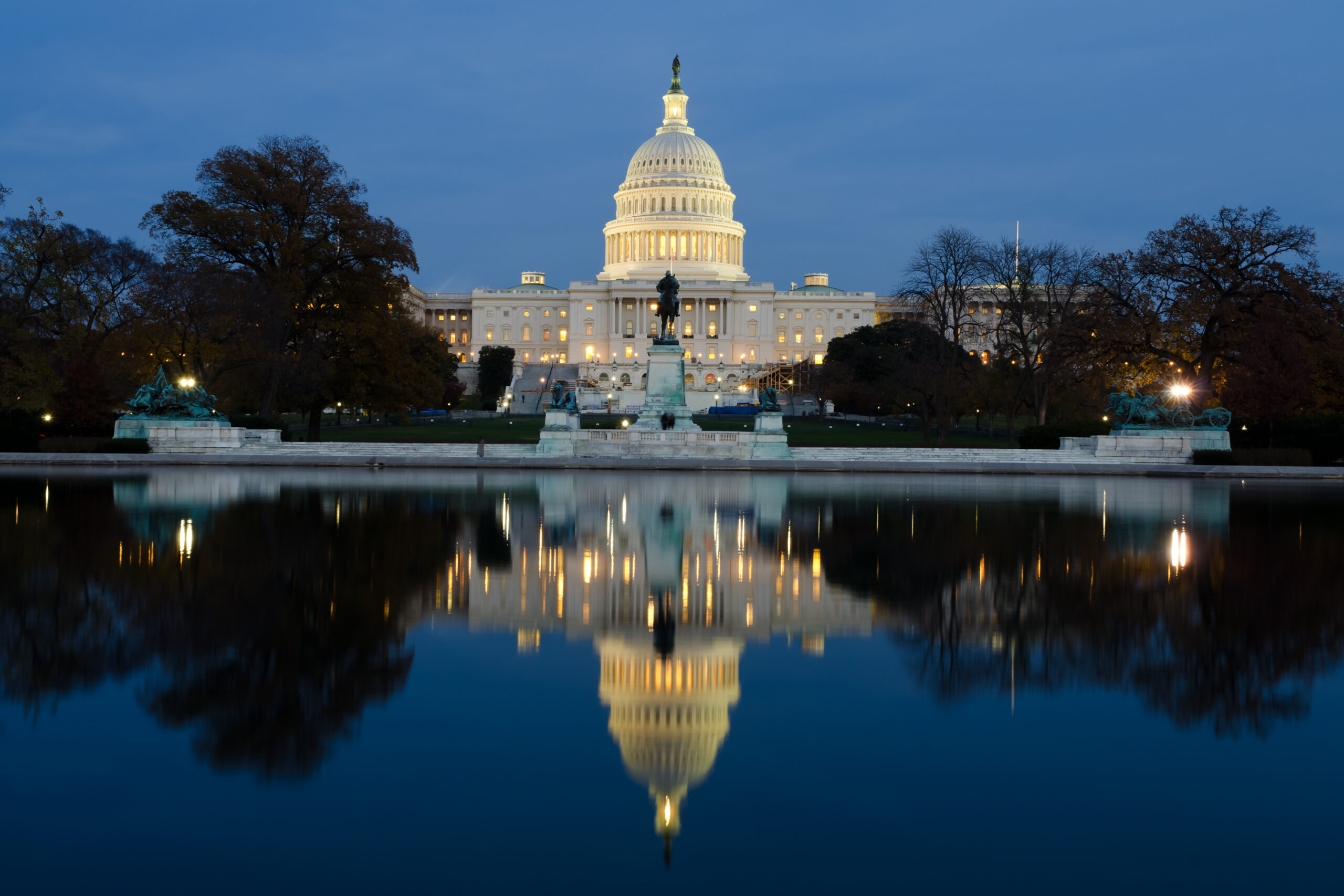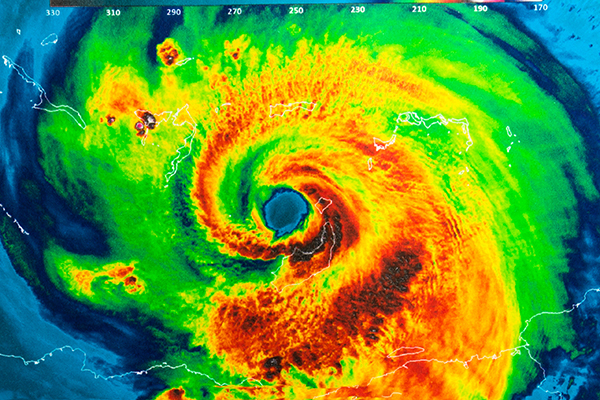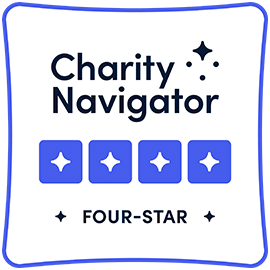2023 Potential Government Shutdown Threat Assessment #1
Partnership powers our work. As a 501c3 nonprofit, Healthcare Ready relies on funding from donations, grants, and sponsorships to make this crucial work possible. Contact us at contactus@healthcareready.org today to learn more about sponsoring a situation report or contributing to our Crisis Fund.
Healthcare Ready is MONITORING for this event. We are monitoring potential concerns for supply chain disruptions and impacts on healthcare services on our response page, listing resources and previous situation reports.
Situation Overview
- There are less than two weeks until the September 30 deadline for Congress to pass 12 spending bills to avert a government shutdown.
- There are currently two options for Congress if new appropriations bills are not enacted by October 1:
- Pass 12 appropriation bills by September 30 or the government will shut down until they are passed into law.
- Pass a short-term continuing resolution that will keep agencies operational through a specified date.
- Every government shutdown has different impacts to federal agencies and departments however essential services remain running – such as processing Medicare claims.
Potential Impacts to Healthcare
Potential Impacts to Centers for Medicare and Medicaid Services (CMS)
|
Potential Impacts to Health Centers and Health Centers Workforce
|
Potential Impacts to the Department of Health and Human Services (HHS)
|
Potential Impacts to Veterans Affairs
|
Potential Impacts to Pandemic Preparedness
|
About Healthcare Ready
Healthcare Ready is a 501(c)(3) nonprofit organization that works to ensure patient access to healthcare in times of disaster, emergency, and disease outbreaks. We leverage unique relationships with government, nonprofit and medical supply chains to build and enhance the resiliency of communities before, during and after disasters. Learn more about Healthcare Ready
To request the help of our Emergency Operations Center, contact us at alerts@healthcareready.org.
Sign up here.to receive email notifications from Healthcare Ready





